The Broken Window Fallacy
1/12
There's no tags or description
Looks like no tags are added yet.
Name | Mastery | Learn | Test | Matching | Spaced | Call with Kai |
|---|
No analytics yet
Send a link to your students to track their progress
13 Terms
What is the Broken Window Fallacy?
The core of the broken window fallacy argues that spending money on items that have been destroyed does not lead to economic gain. The broken window fallacy suggests that an event can have unforeseen negative ripple effects if money is redirected to repairing broken items rather than to new goods and services.
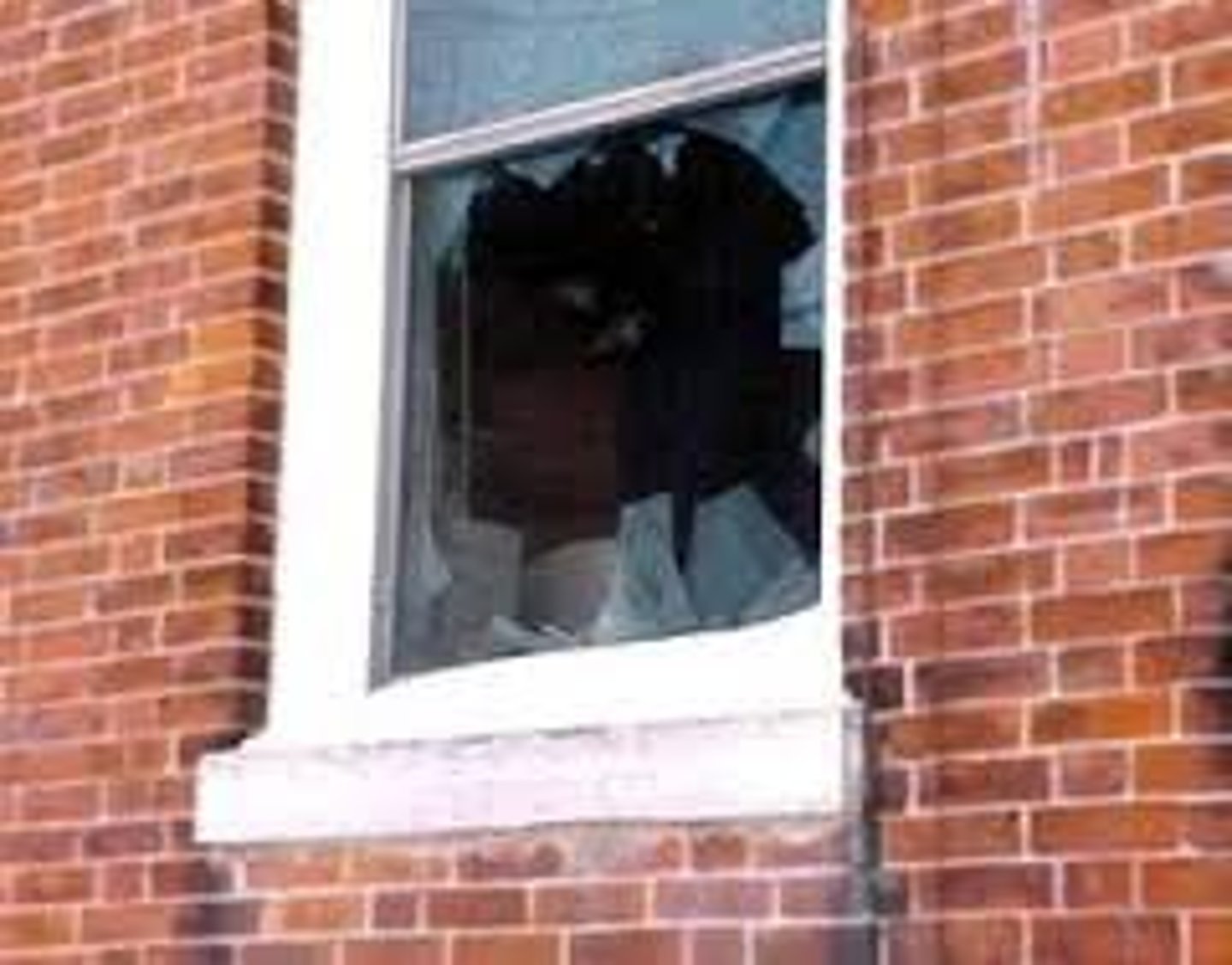
What argument can this theory be used to dispute?
The broken window fallacy can be used to criticize the argument that war is good for the economy.
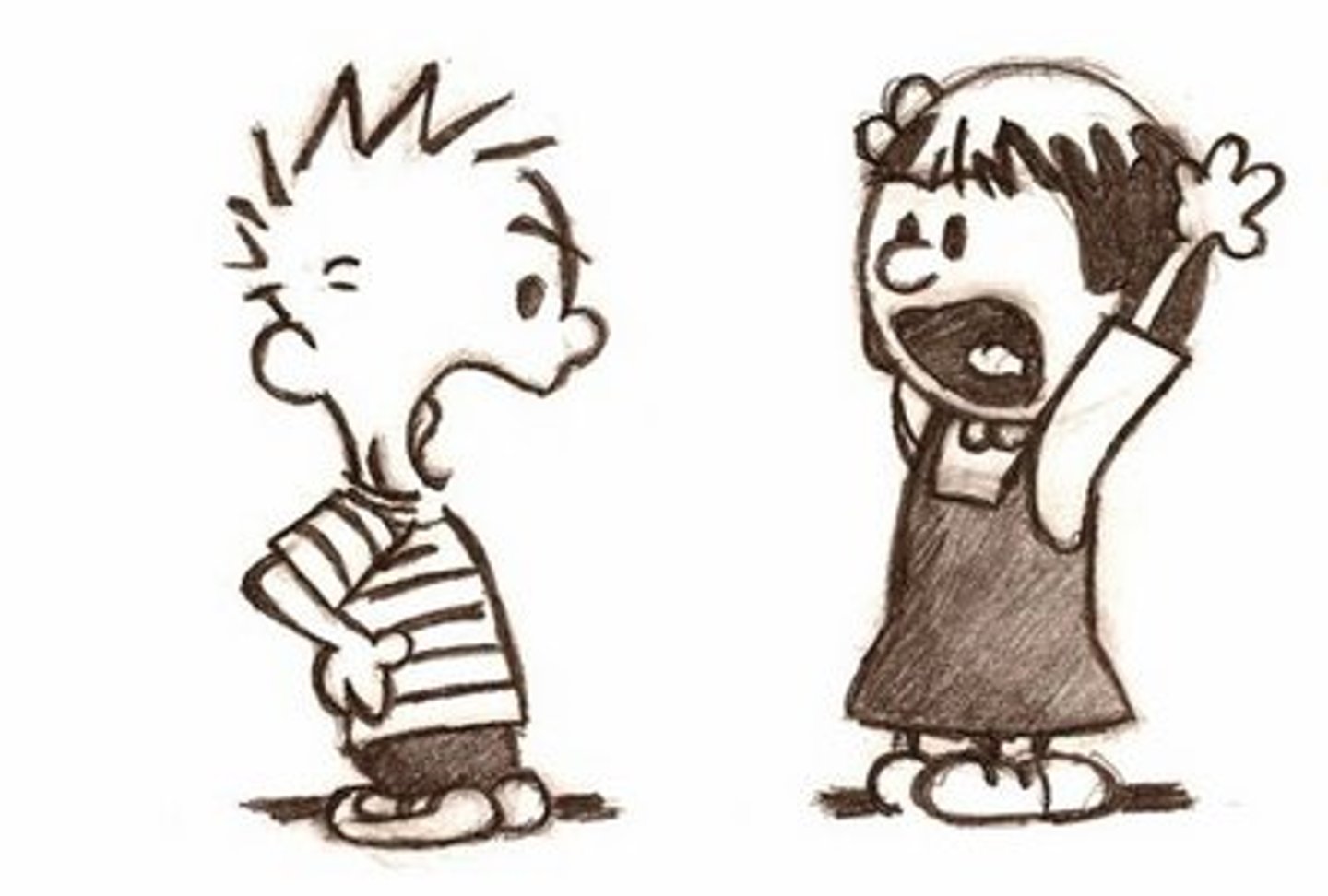
What economist introduced the Broken Window Fallacy? What country was he from?
French economist Claude-Frédéric Bastiat (1801 - 1850)
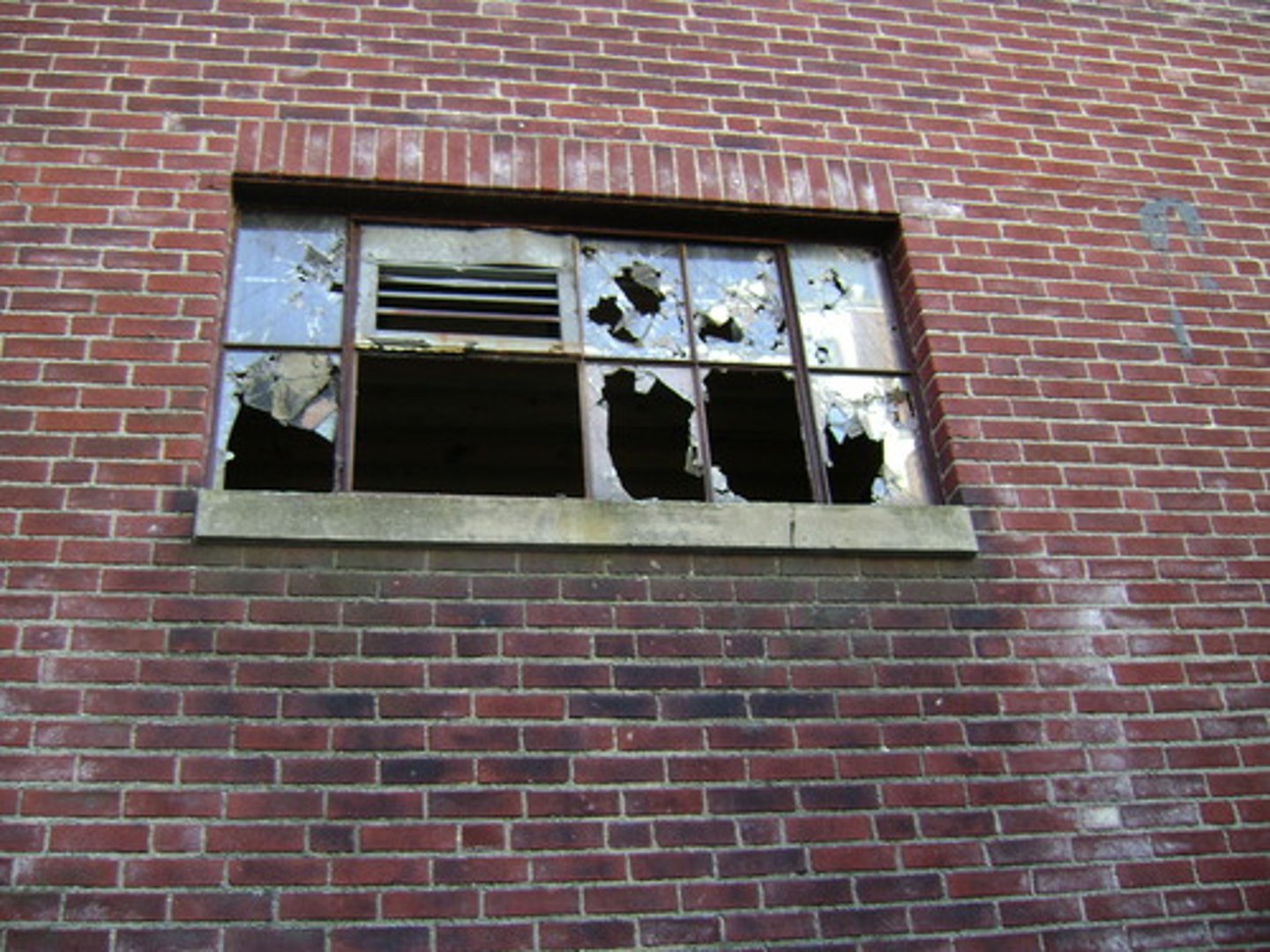
In the year 1853, Bastiat wrote the following article: "Ce qu'on voit et ce qu'on ne voit pas," meaning what in English?
That Which is Seen, and That Which is Not Seen

What happened in Bastiat's article?
In the article, a boy breaks a window. However, the local people decide that the boy has helped the local economy.
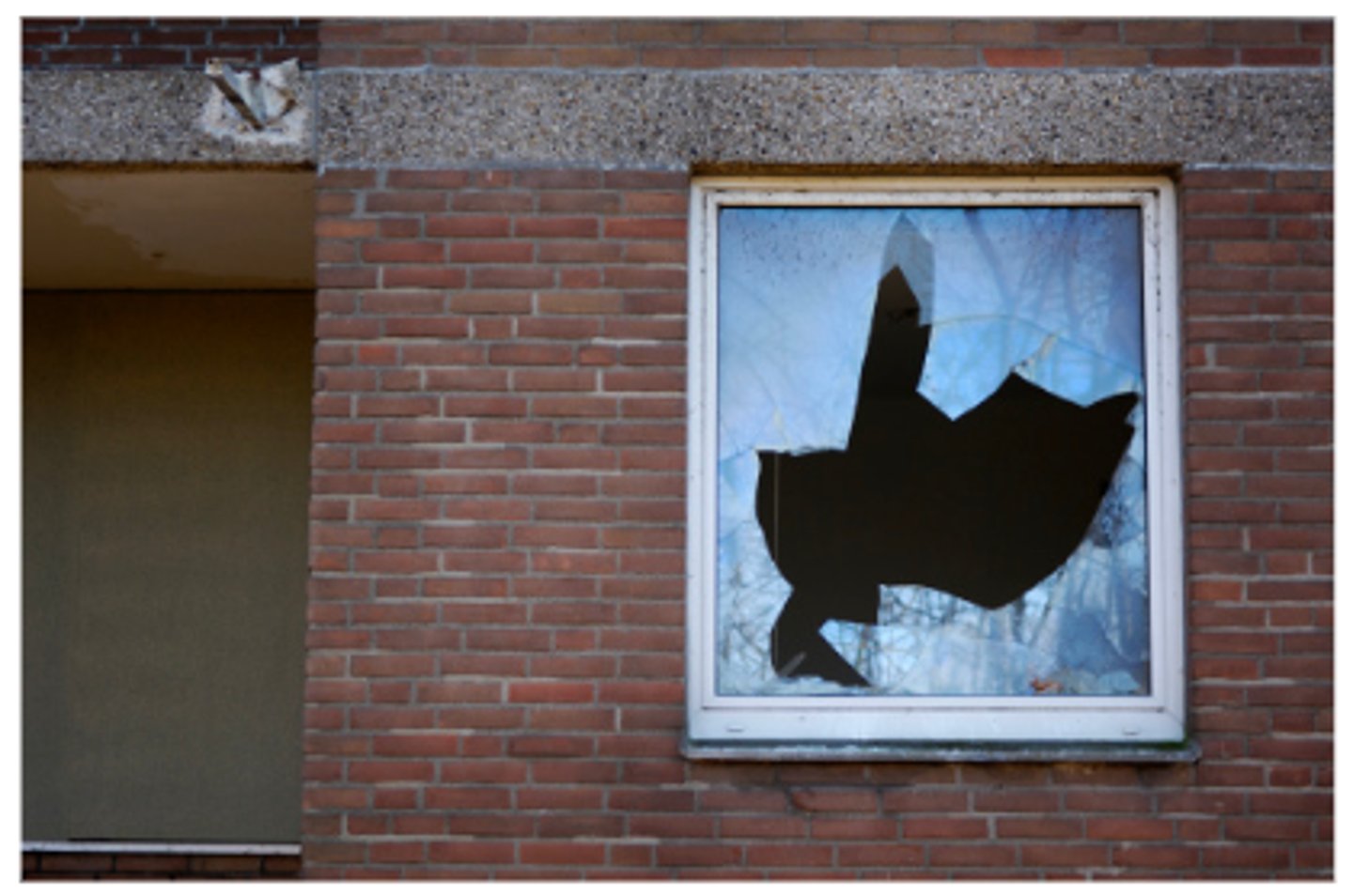
What was the reasoning behind the people who believed that the broken window helped the economy?
Shop owners employ a glazier to repair the window, who gains extra income.
The glazier sees an increase in income which he then uses to spend in other shops - benefiting other shop-keepers. (This increase in spending creates a 'local multiplier effect').
Overall, it seems that the local economy has benefited from a flurry of economic activity - even though it came from mending the broken window.
What was the unseen effect on the economy as a result of the broken window?
If the shop owner spends 50 Francs on repairing a window, then isn't able to spend these 50 Francs on a new outfit or new equipment for his business. Therefore, while a glazier benefits, the tailor loses out. The broken window has not increased the stock of goods and services. Repairing the broken window has merely replaced what was already there.
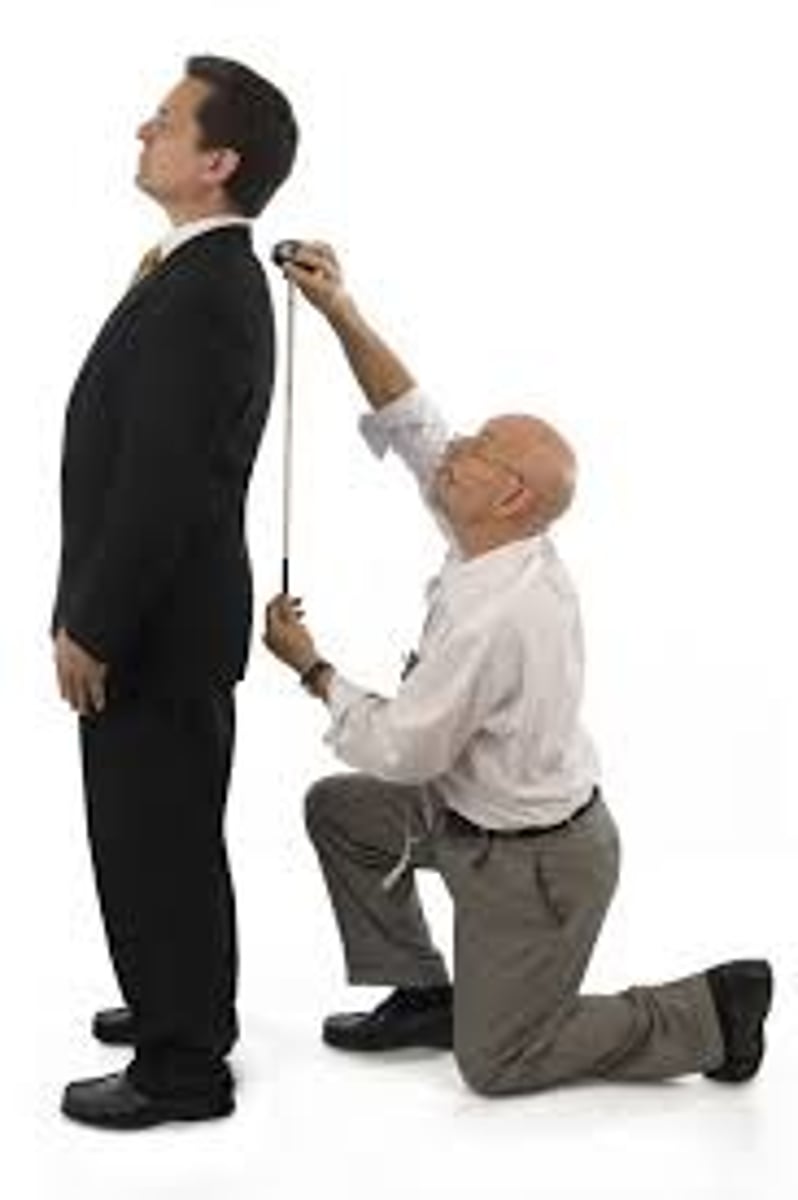
How does the happiness of the owner of the window impact this theory?
A broken window causes unhappiness - it is a waste of resources. No-one enjoys spending money on repairing something that was needlessly broken. If the shopkeeper had been able to spend money on something productive, like a new coat - he would have gained more satisfaction than reluctantly having to spend money to overcome carelessness.
Behavioral economists have suggested that we place greater value on things that we own. The cost of repairing a broken window may be 50 Francs, but we may have been willing to pay 100 Francs to avoid the painful situation of seeing a broken window and having to repair it (loss aversion).
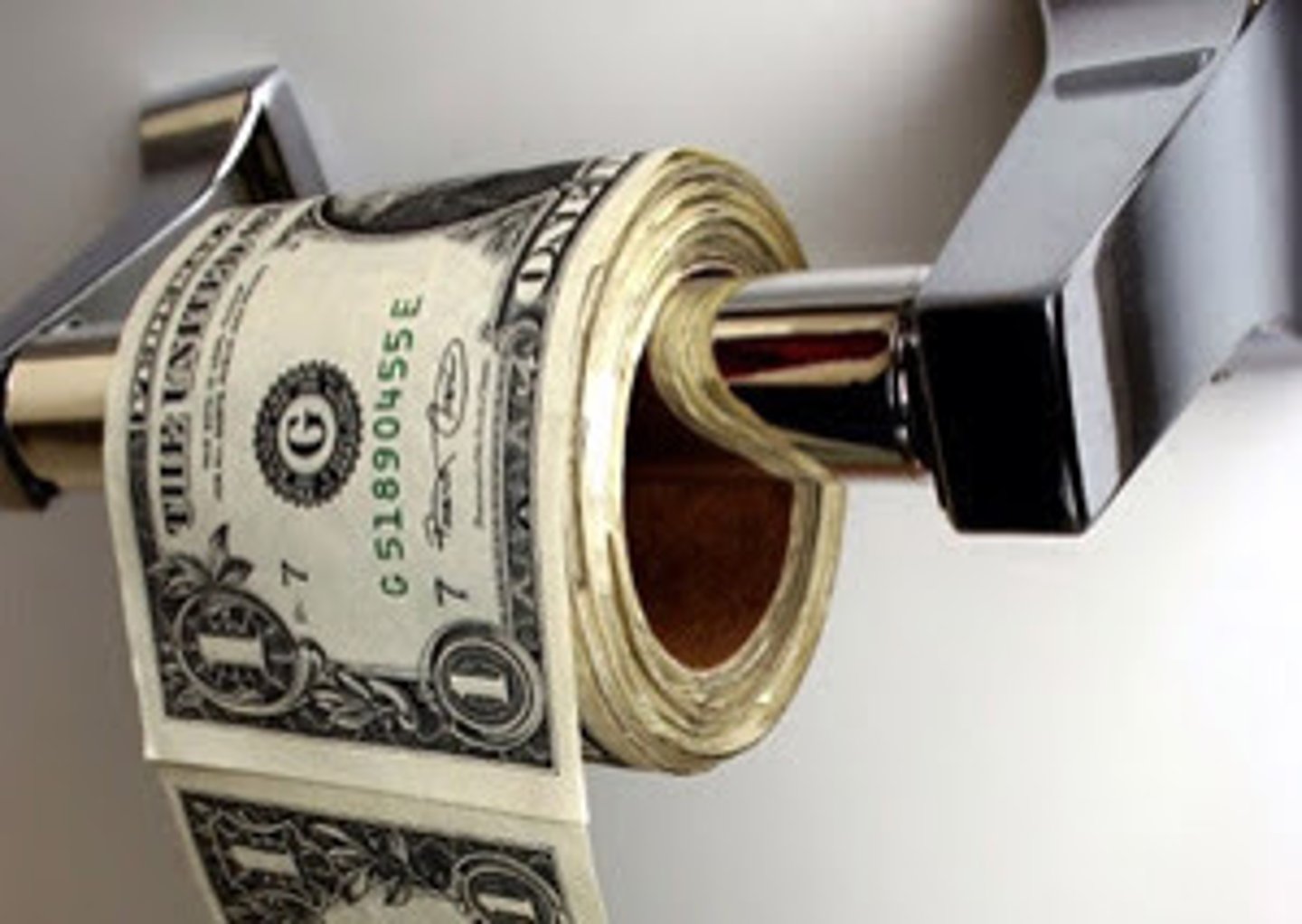
What is the fallacy of the broken window policy?
The fallacy of the broken window rests on the concept of
opportunity cost - the next best alternative foregone. If you have to spend money repairing a window, the opportunity cost is what else that could have been bought and produced with the same sum.
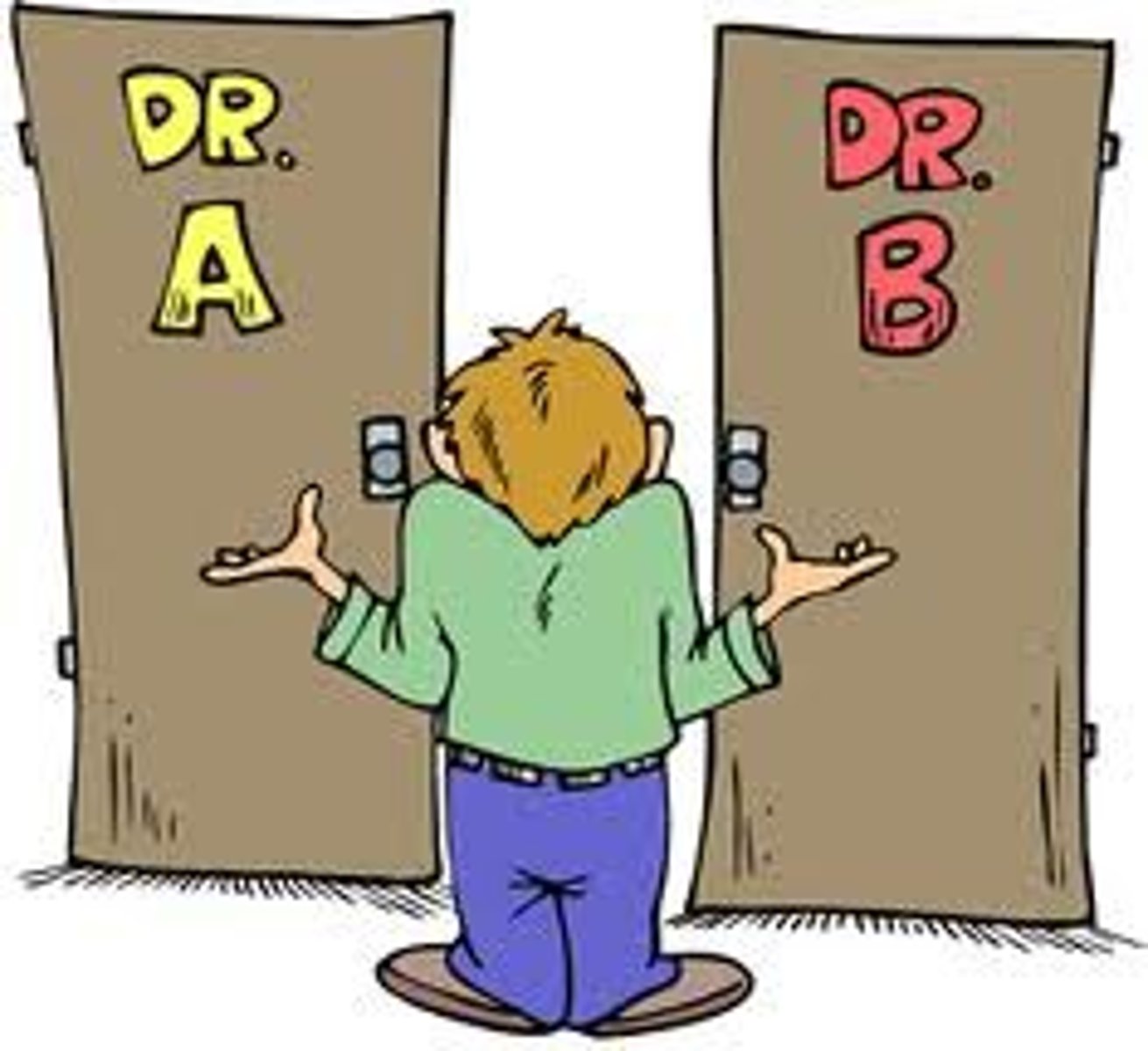
What was the name of the economist who argued that there is a specific situation in which the broken window is not a fallacy? Where was he from?
He was an economist hailing from the U.K. by the name of John Maynard Keynes.
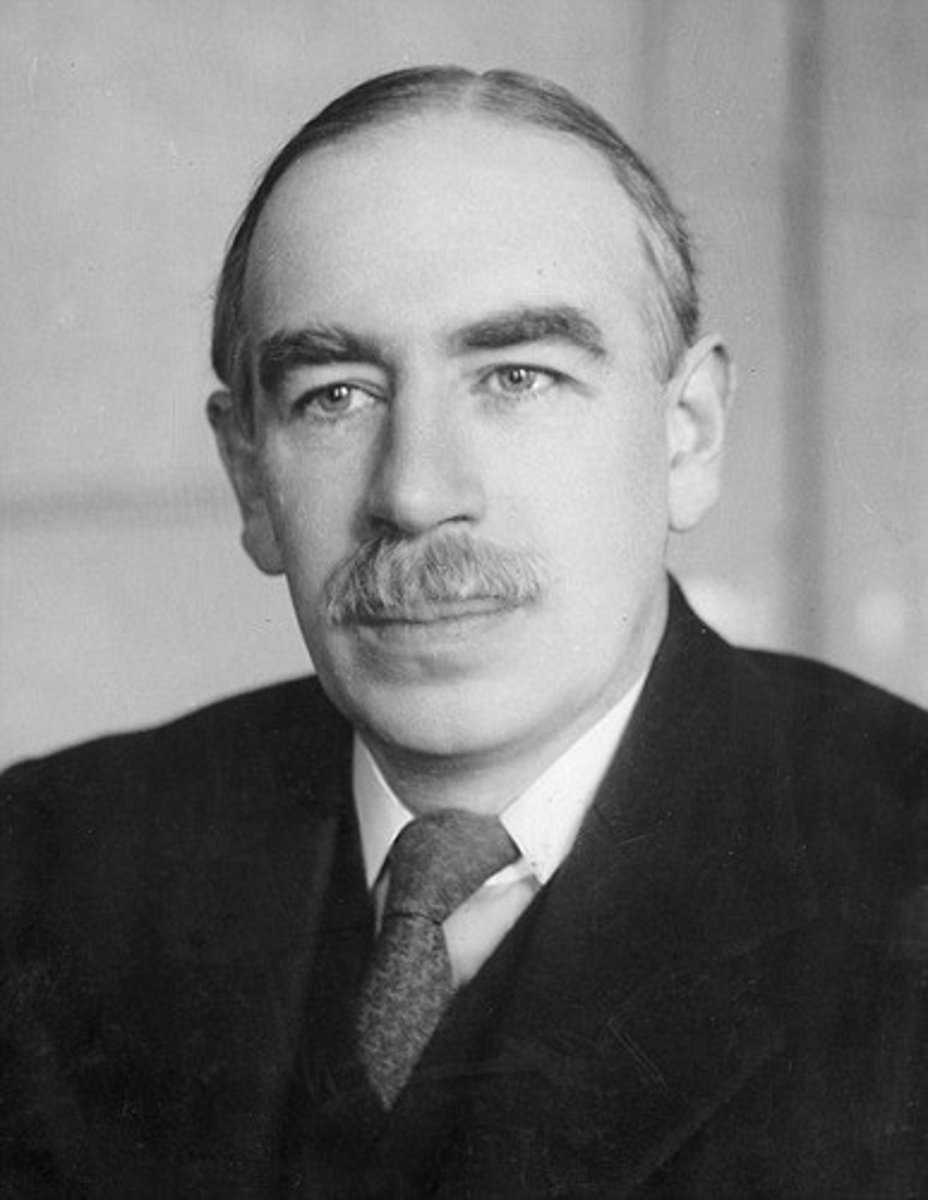
What was Keynes' arguement?
Suppose an economy is in a deep recession: unemployment is high, confidence is low and people are not spending but hoarding savings in unproductive uses (e.g. cash under the bed). In this case, repairing broken windows really could stimulate economic activity.
If many are unemployed due to insufficient economic activity, the stimulus of repairing windows could create sufficient demand in the economy to create new employment prospects.
In this case, the opportunity cost of repairing broken windows is low because the shop-keepers would not be investing or spending it on anything else. Repairing the broken window is forcing people to spend their unused savings.
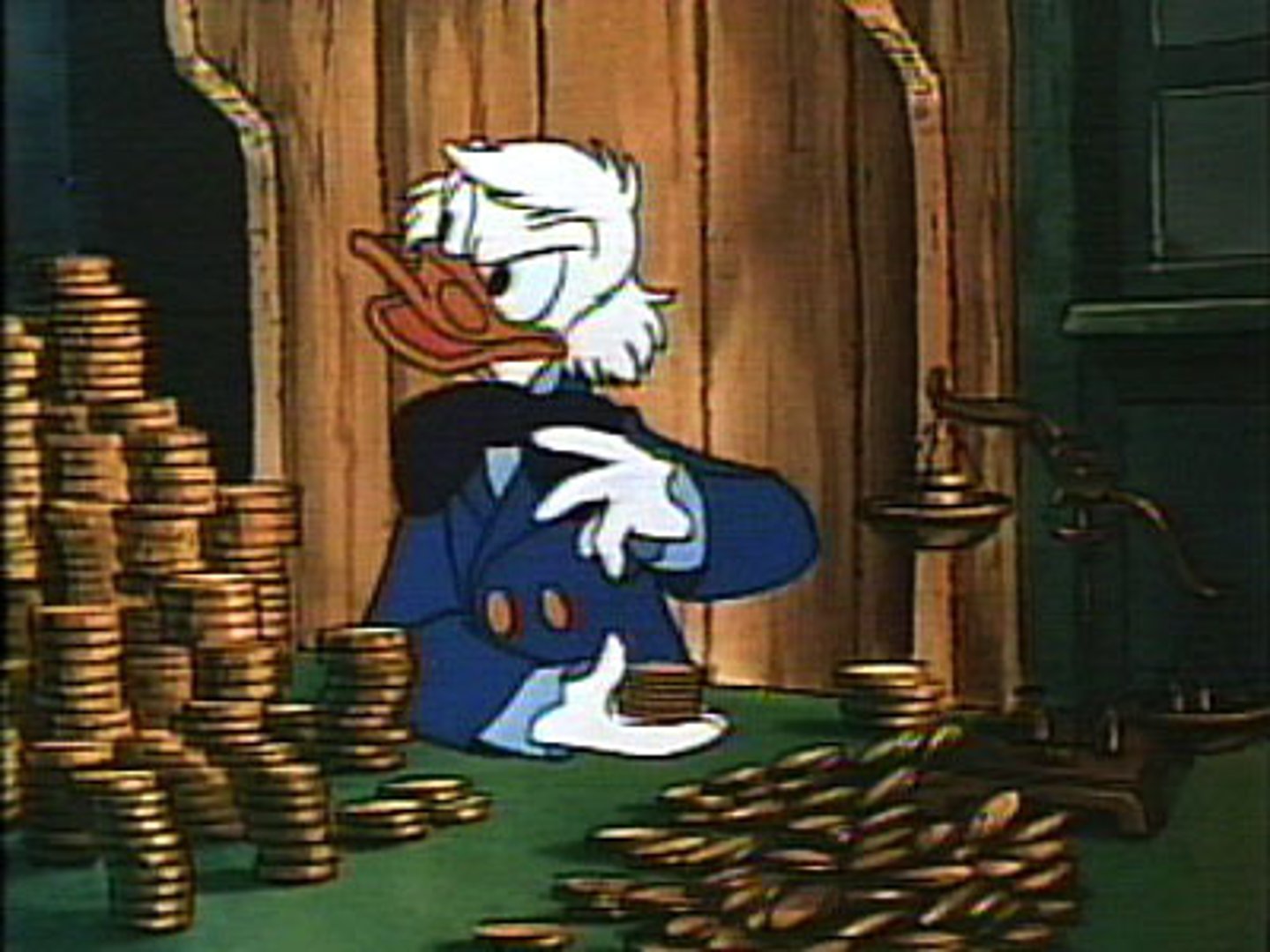
What personal life story did Keynes use to demonstrate his point?
There is an anecdote that during the Great Depression, Keynes was in a restaurant when he noticed waiters had nothing to do. He started to throw napkins on the floor. He wanted to illustrate the concept, it was good to create economic activity and avoid unemployment.
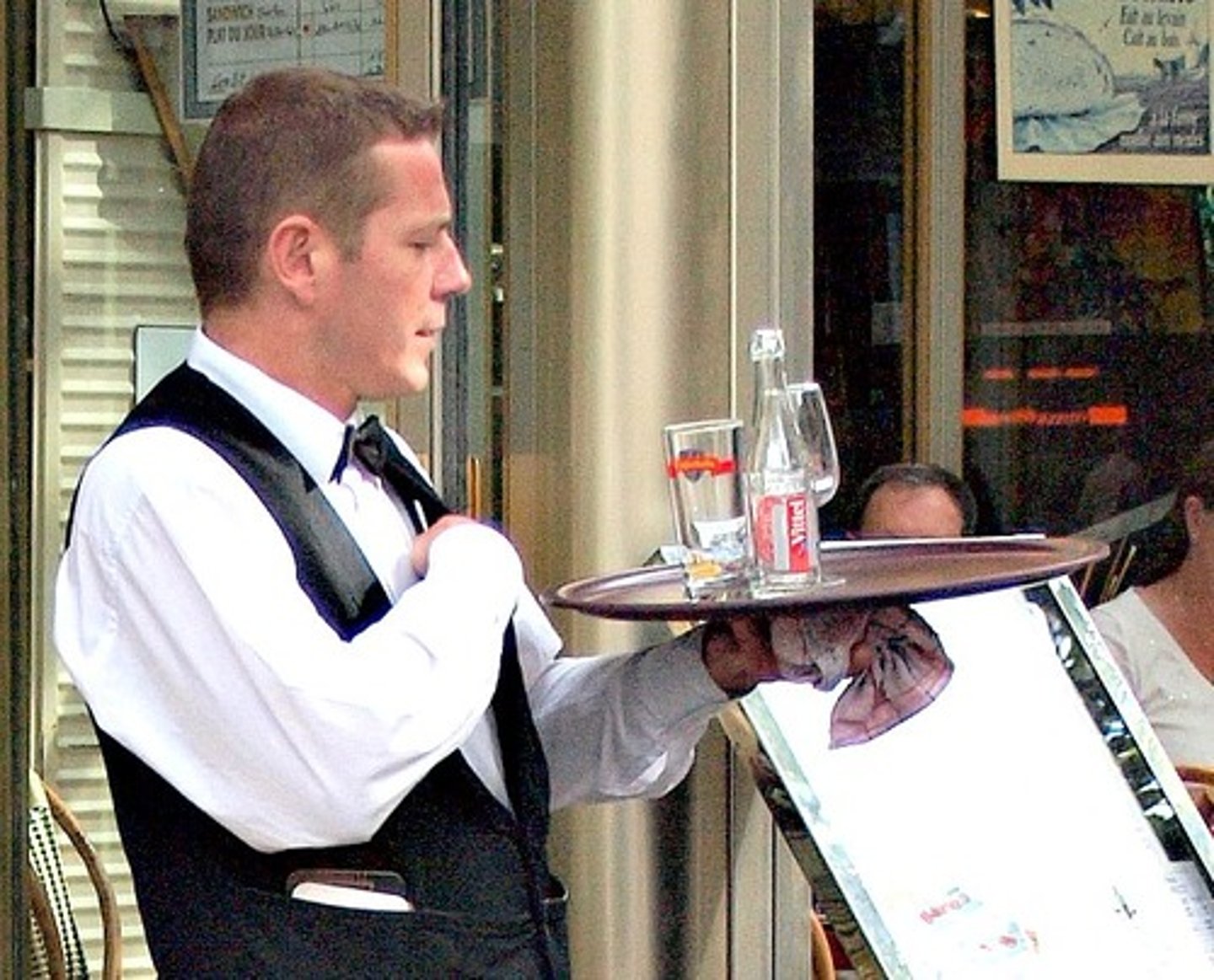
Why was going to war used to demonstrate a form of economic stimulus?
Amid a depression, a major war effort can create demand and employment, which seems to lead to an improvement in economic welfare and GDP.
Of course, the same effect of a war stimulus is that an economy could have spent money on building hospitals rather than going to war.
